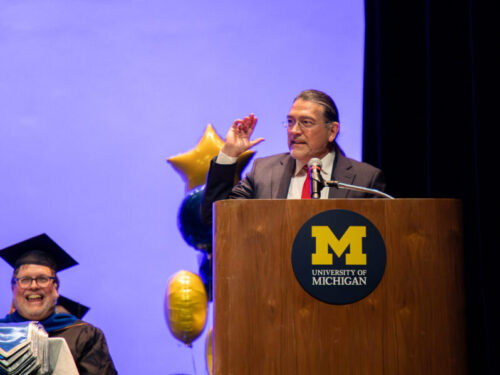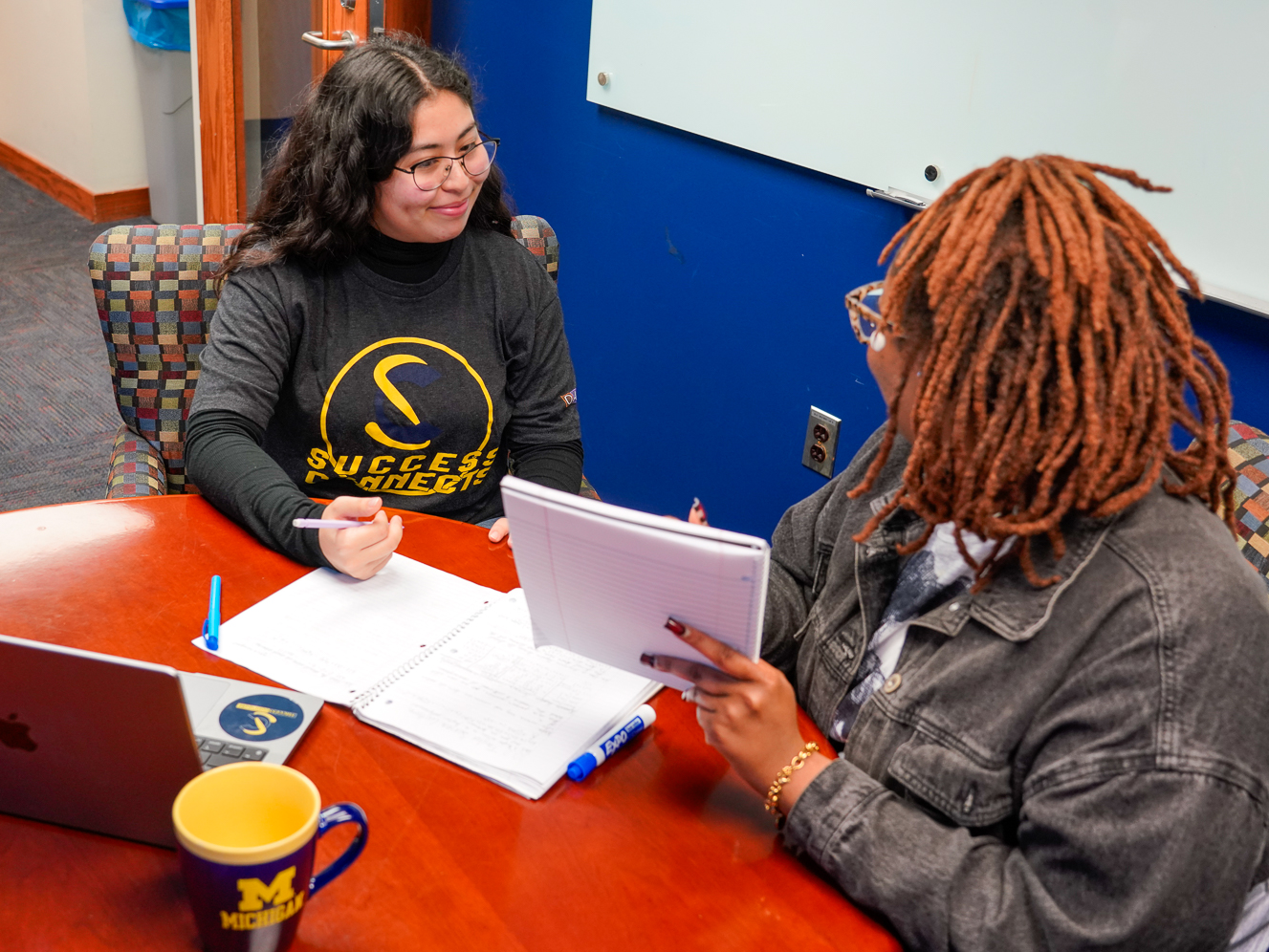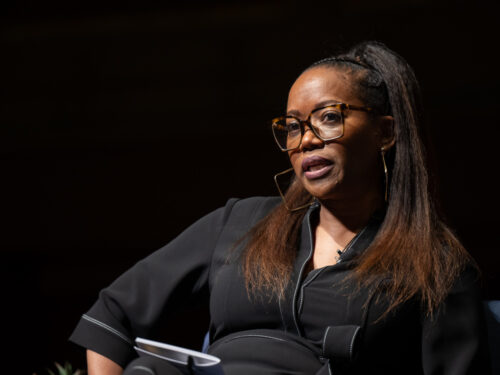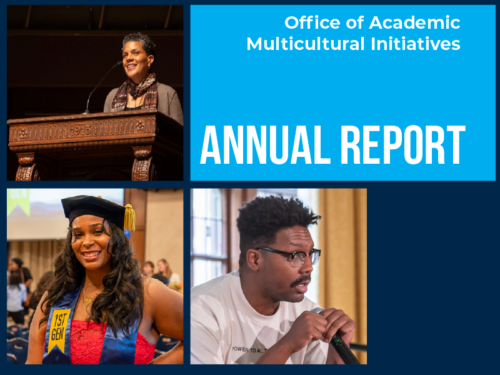OAMI Highlights
Monday, January 20, 2025 - Erika Alexander, actress, trailblazing activist, and creator spoke at the MLK keynote lecture with Dr. Daphne Watkins at Hill Auditorium.
Tuesday, September 3, 2024 - Our annual report summarizes the remarkable growth and transformation of OAMI. It highlights a major leadership change and significant advancements in our programs and initiatives.

Friday, May 3, 2024 - Robert Santos, U.S. Census Bureau Director, discusses the importance of community and diversity during Celebración Latina, one of eight student celebrations hosted by OAMI.



